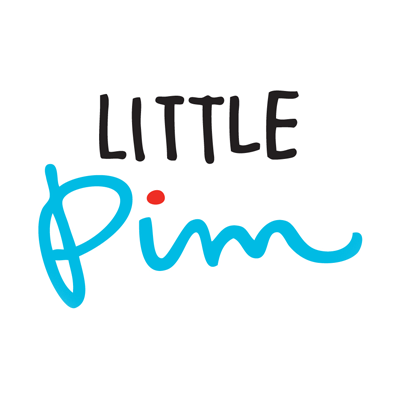The Benefits of Starting Early: Why Your Kids Need to Learn Another Language Now
Our world is no longer constrained by the borders on a map. It has become increasingly global in every realm from business to social relationships. For a child to flourish in this new and diverse climate, it's important that they get multilingual exposure and begin learning a foreign language before age 6 to experience the most benefits. In most non-English-speaking nations, particularly in Europe; instruction in another language is mandatory. Not only are children taught a second language, but they are often are raised in an environment where they are exposed to multiple languages; necessitating the acquisition of multiple tongues.
In places such as Switzerland and Belgium, there are many recognized languages and dialects, and therefore it is not uncommon for someone to speak three or four different languages. Meanwhile, the vast majority of English-speaking countries have no national mandate for teaching children a second language.
In the United States, foreign language instruction is lacking. According to an article in The Atlantic, only 1% of American adults were proficient in a foreign language. Many aren't exposed to a foreign language until their college years.
The United States isn't the only nation that fails to expose students to foreign languages at a critical age. According to Arlene Harris in her article, Learning the Lingo: Taking up a Foreign Language Before We're 3?; Ireland "lags behind the rest of Europe and should be starting kids off before they're 3."
It is a predominately western problem, perhaps because we are leaving an era dominated by English-speaking business and culture. With the advent of the Internet, success has spread in every direction; including eastward, with the future of industry looking strongly toward Asia and the Pacific. Children must learn languages early to stay ahead of the competition.
Most countries in Europe begin language instruction around the age of seven or earlier. It's not only possible, but beneficial for the budding mind. According to Dr. David Carey, "“All The children can learn another language at an early age [...] [The] young brain, before the age of 5, is able to learn to speak another language without developing an accent — to speak it like a native."
Starting language learning early has documented benefits. The childhood brain is elastic and able to learn and retain a multitude of information that someone in their early 20's would struggle with. It's been documented that it's easier for children to learn a second language than adults, so why wait until college to begin learning such an important skill? Exposing your children early is critical, and Little Pim has the resources you need to get them going!
